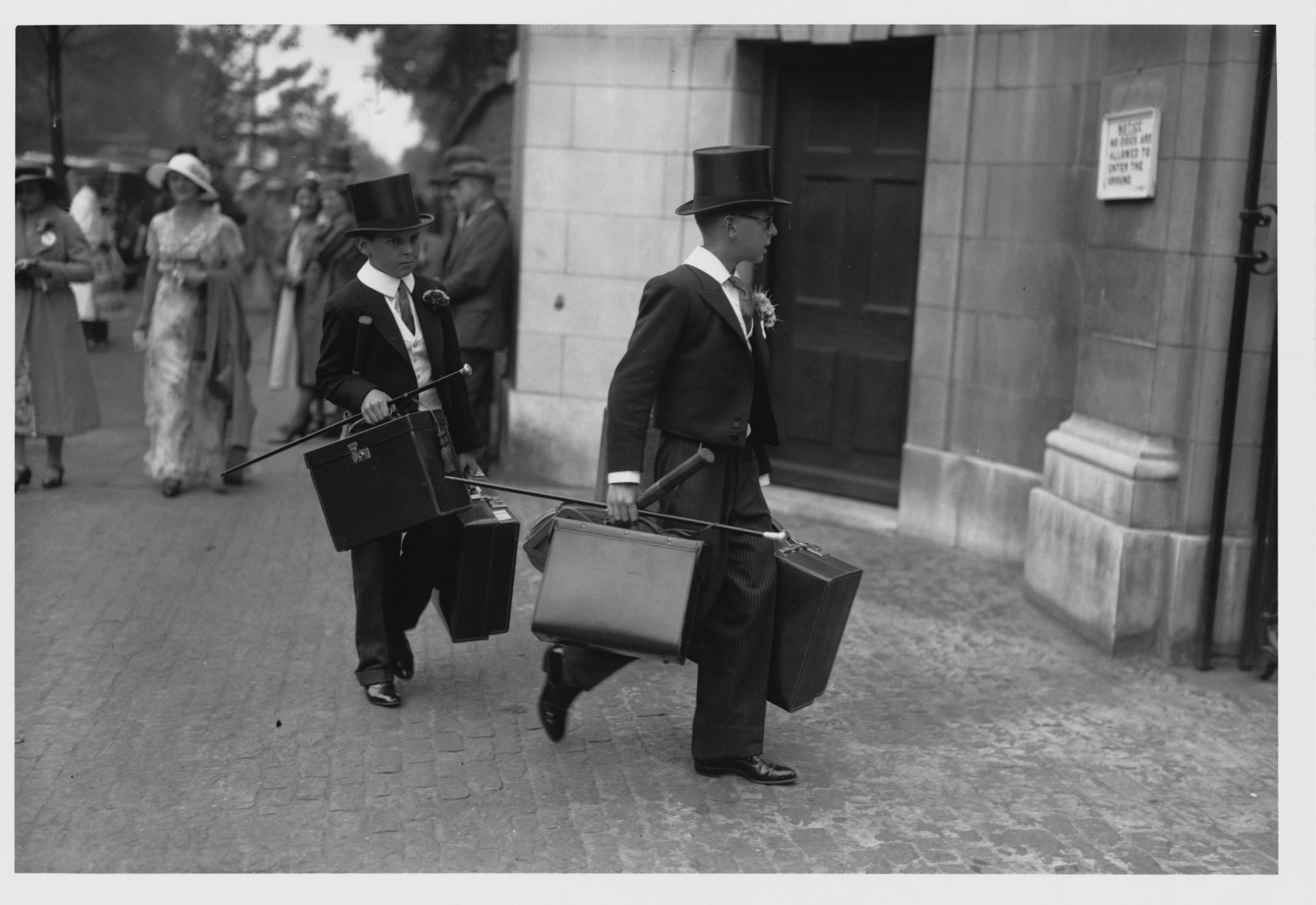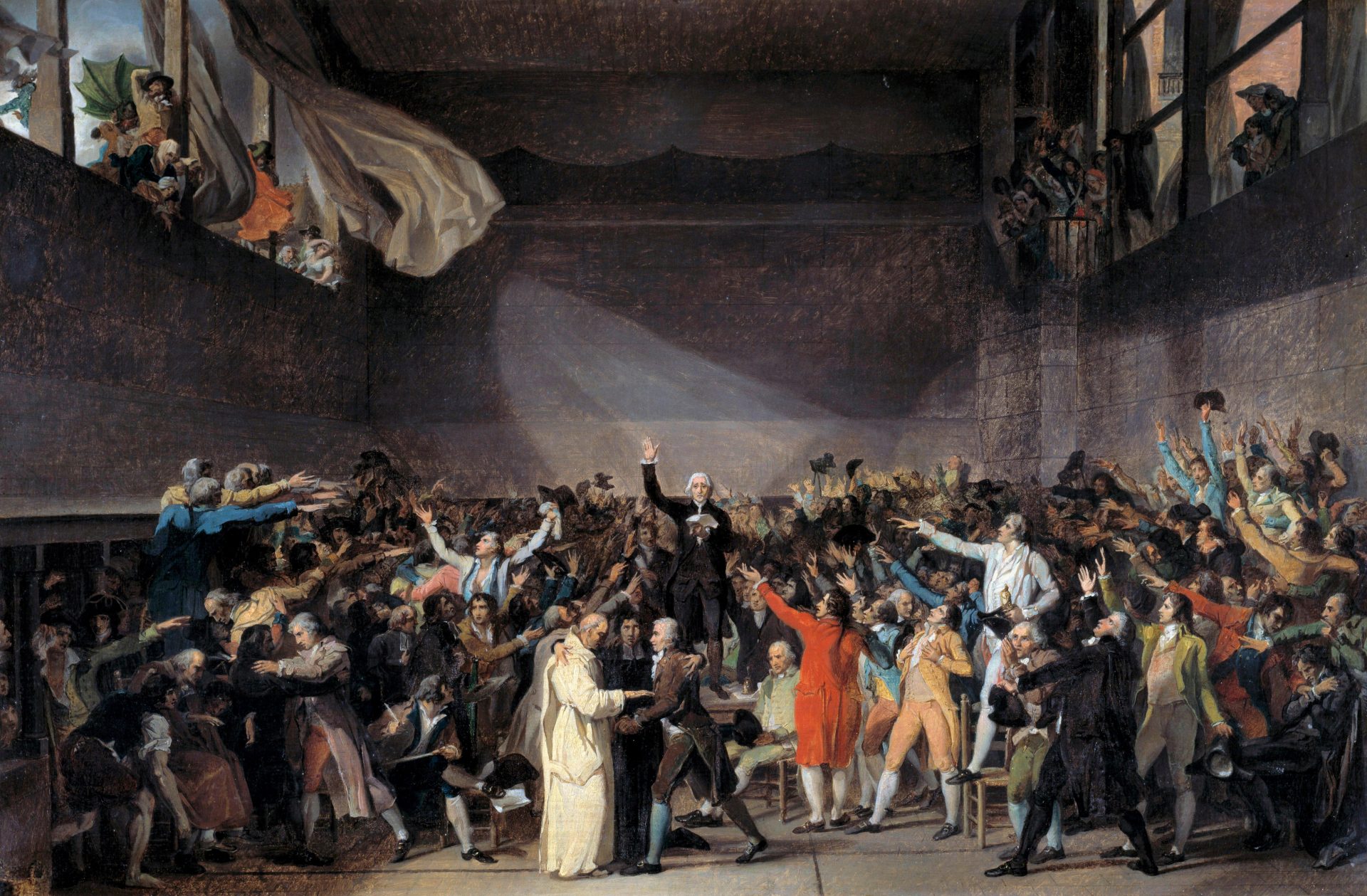In 1812, the English poet Robert Southey wrote “to borrow a transatlantic term: that may truly be called a lengthy work”. The Oxford English Dictionary agrees with Southey: under lengthy it writes: “before the 19th century, found only in American writers; in many of the early British instances it is referred to as an Americanism.”
Nowadays, lengthy is surely regarded as being a normal British English word; since 1812, it has followed what has become a typical trajectory for American English words towards nativisation.
The words belittle, hunch, mileage and jeopardize were also early Americanisms – American words not originally used here. These four words were amongst many which arrived in this country before the beginning of the 20th century: belittle made its way into the English of England in the late 1800s.
American words, then, were crossing the Atlantic Ocean long before the widespread availability of sound recording and radio broadcasting. At the time when these first items were arriving, most British people had never heard American English. When Hollywood talkies first arrived, people here were so unused to hearing it there were complaints that the actors were difficult or impossible to understand. So the early Americanisms can only have spread to this side of the Atlantic through books, newspapers and journals.
Nowadays there can be few people anywhere in the world who have never heard American English; and very many American words have become successfully established in this country. Who now knows that briefcase and battery were once Americanisms? Well, I do remember that in the early 1950s my father had a portfolio, not a briefcase; and I also recall hearing older people in those days referring to accumulators in cars rather than batteries. But that is another part of the trajectory followed by Americanisms: if they become part of everyday British speech, they can replace original British forms to the extent that younger people never even get to hear them.
What are the successful new Americanisms likely to be? We have seen the increasing use of smart rather than clever, goosebumps instead of gooseflesh, call instead of ring or phone, tough rather than hard or difficult, regular muffins instead of ordinary buns, and train station not railway station. I have recently heard British people say freight train, fire truck, rooster, mean ‘unkind, unpleasant’, and sick rather than ill. Older people notice younger speakers “reaching out to” (not “getting in touch with”), and doing lots of “sharing”.
Some British people now ask “where are you headed?” (rather than heading), and proven rather than proved. You can hear US influence when some speakers pronounce via as ‘vee-a’ rather than ‘vie-a’, or omit the the from “she plays the piano” and “November the 7th”. During the lockdowns, even the government encouraged us to “stay home”. It’s true that that is what dialect speakers in the southwest of England have traditionally said, but elsewhere we always said “stay at home”.
There are five times more people in North America than in the British Isles, so we can expect Americanisms to keep on coming, though it is tough to predict which ones will survive, with or without government assistance. For myself, I have decided that I will continue to enjoy macaroni cheese rather than mac-and-cheese.
Smart
Smart has the same origin as German Schmerz ‘pain’. To smart means ‘to sting or hurt’. But as an adjective, smart gradually came to signify ‘sharp’, and then, metaphorically, ‘mentally acute’. The commonest current British usage of smart, referring to people dressed attractively and stylishly, did not develop before the 18th century.




